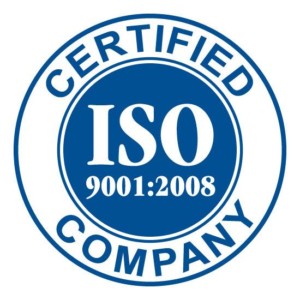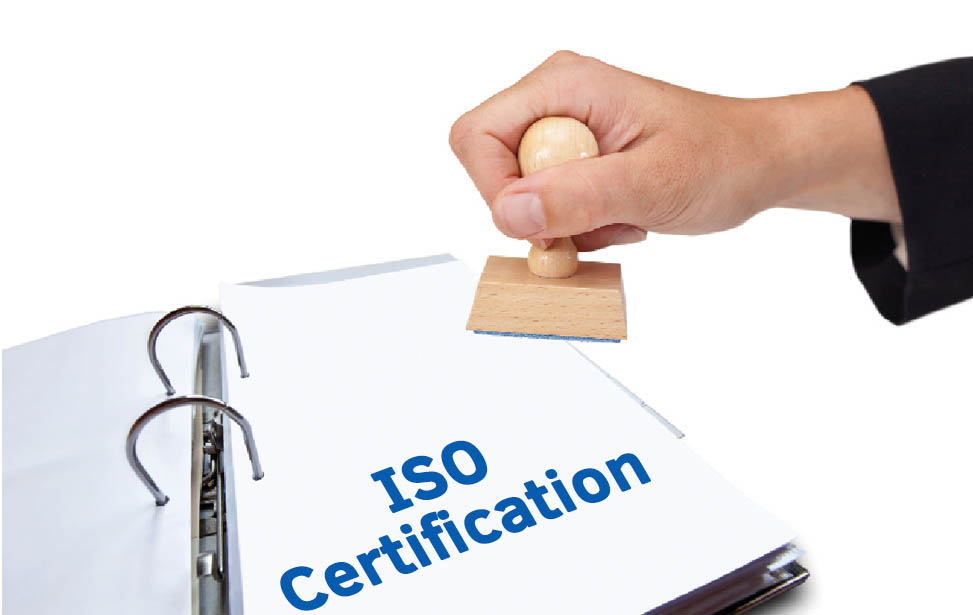ISO Certification: All you need to know
A certificate is an instrument that adds credibility to your product or service. It’s a document that proves you’re capable of meeting the customer’s expectations. For most of the industries, certification is a contractual or a legal requirement. ISO itself does not perform certification, it is an organization that develops international standards like ISO 9001 and ISO 14001. Certification is performed by third party bodies and it’s up to your product or service to receive this credible certificate. In this article we will be giving you in-depth details about the ISO certification process.
Certification Body
You should be careful while choosing a certification body and follow the mentioned pointers below –
- Research several certification bodies
- It’s mandatory to check if the certification body uses the ISO’s Committee on Conformity Assessment (CASCO), a committee that has created several standards for the certification procedure
- Figure out whether the certification body is accredited. A non-accredited body doesn’t mean it has a bad repute but the information will provide transparency while making a decision. You can find out about the accreditation by visiting the site http://www.iaf.nu/ (International Accreditation Forum)
ISO Certification Process
After gathering information about the certification body, let’s now focus on the procedure. The process consists of key stages and they are –
- Contract and application review
- Initial certification audit – Stage 1 and 2 audit
- Certification decision
- Continual assessment (Surveillance)
- Renewal audit
- Withdrawing, suspending, reducing or extending scope of certification
Contract and application review
- The Quality Manager (QM) will arrange a quotation after the review based on multi-site activities, man-days and other deliberations. Approximation of man-days will be according to the certification body and the quotation will be submitted to the organization for further proceedings.
- If the organization accepts the inscription on the quotation from the certification body, then registration fees will be discussed and based on the type of ISO standard required, further certification process will be discussed with the introduction of the audit team.
Initial certification audit
Stage 1
The certification body will conduct a macro level assessment of the status of identification and implementation of any drastic discrepancies in the acknowledged quality system and the approved industrial quality standard certification. The Stage 1 audit is primarily done to take corrective actions before the final certification.
Stage 2
- The stage 2 audit is done to ensure that the management system of the organization has conformed to the approved requirements of the standard certification.
- Based on the proceedings of the Stage 2 audit, guidelines will be jotted for further audits like Surveillance and recreational audit
Certification Decision
- The audit team will provide thorough and in-depth information to the respective certification body and the decision will be based on the norms and protocols followed by the certification body.
- The decision will be primarily based on – audit reports, corrective actions taken by the organization on non-conformities, the initial contract and application review will be cross checked with the final audit documents and a recommendation by any audit member whether or not to grant ISO standard certification to the organization.
Certification Benefits
- ISO standards are the backbone of any reputable institution, it ensures the quality and safety of any product or service, which directly improves the environment and and facilitates international trading.
- The conformity of an organization to ISO standards ensures the customers that the product or services are reliable, safe and good for the environment.
- In addition, getting certified by ISO standards boosts business, economy and the GDP of the nation.
- ISO standards are necessary for businesses as they help in tackling several hurdles that a modern business environment poses. Key advantages of these standards are, increased efficiency, improved productivity and a broader approach to newer markets.
ISO Certification requirements
ISO has over 2100 standards and each standard serves a different purpose. As mentioned earlier ISO doesn’t certify but issues standards, certification bodies are authorized to issue ISO standards after several stages of audits.
For better understanding let’s take the example of ISO 9001:2008, it’s a Quality Management System (QMS) standard and its requirements are –
- Documented statements of quality objectives and policy
- Documented records required by the International standard
- Documented procedures required by the International standard
- Quality manual
The requirements may vary from organization-to-organization because of the size of the organization, type of activities, proficiency of personnel and the intricacy of processes.
Also, ISO 14001 requires is a company to have publicly available environmental policy articulated by top management. It should include company goals towards continual improvement and pollution prevention. Organizations must continually monitor environment (EMS) and document their affects to review improvement.
ISO Certification cost in India
Again, ISO certification fees in India can vary due to several factors based on –
- Location
- Complexity of operation
- Size
- Processes
Standard procedure for most of the ISO certification bodies in India is to fill their online form or give them a call and then ask for a quotation. Generally, there are 3 types of charges applicable –
- Audit fees (includes registration fees)
- Man day basis
- Nature
Exhibiting the ISO Standard Certificate
After acquiring the certificate there are certain do’s and don’ts.
- While labelling a system or a product as a certified ISO standard don’t say “ISO certification” or “ISO certified”. Rather, do say “ISO 9001:2008 certification” or “ISO 9001:2008 certified” depending on the standard certification.
- Don’t use “ISO” in, or as, your service or product name.
- Don’t register “ISO” in, or as, your company name, website name or domain name, e.g. isodata.com.
- Also, you cannot use the ISO logo as it’s a registered trademark and blocks anyone other than ISO personnel to use it.
- If you want to use the ISO logo in your certificate do get in touch with the certification body, they will guide you through the process. For more information about the ISO logo you can visit http://www.iso.org/iso/home/name_and_logo.htm


Thanks for sharing this information.Its really a great article.